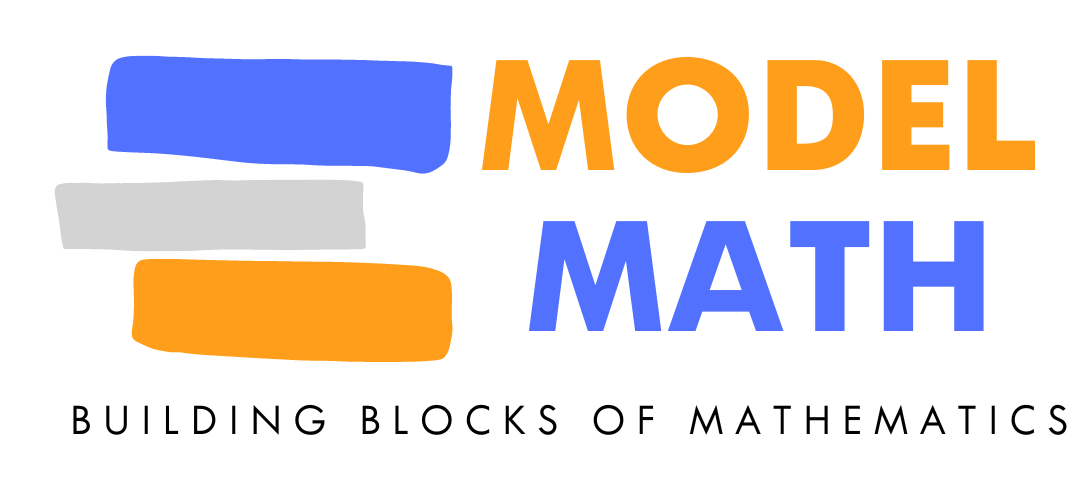While it’s a fact that not all researchers agree that listening to music may improve math skills and cognition, there are enough studies that show a link and prove that music benefits students struggling with maths in school.
And if that’s not enough to convince you to let your kids listen to music while studying, take note that Einstein used to play music when he was stuck on a mathematical problem.
While he worked on the problem with his left brain, he played the piano or violin, which occupied his right brain. This strengthened the communication between the two sides of his brain and increased brainpower.
So can this help your child with maths? How much your child benefits may depend on the type of music they listen to and whether they play any musical instruments as well.
Maths and music use the same part of the brain
Research has found that music activates the same areas of the brain used to solve spatial-temporal reasoning problems. Extensive research has also established that certain types and frequencies of sound are processed by the two sides of the brain differently. Classical music and minor tones work for the right side, upbeat and major tones work for the left side. So using specific music and sounds may help to develop one side more than the other to create more balance in the brain. It follows then that listening to music could help improve a child’s ability to learn math skills. A 2012 study proved that music played while in a maths exam resulted in a 40% improvement in performance.
Performing music requires mathematics
Learning music improves math skills because music is, to a large extent, maths. It involves counting beats per minute and formulaic progressions, and playing music reinforces parts of the brain used when doing maths. Studies have shown that children who play musical instruments are better at solving complex mathematical problems than children who do not.
Patience improves music and academic skills
Children who learn an instrument get used to practising scales, which requires a large amount of patience. When they apply similar patience to their studies, they also perform better in school than children who do not learn an instrument. Children who play instruments also benefit from improved fine motor skills.
Whether or not your child benefits directly in their maths from listening to music, simply exposing them to a love of music will have its own rewards.
For more ways to improve maths grade, check out this article.




